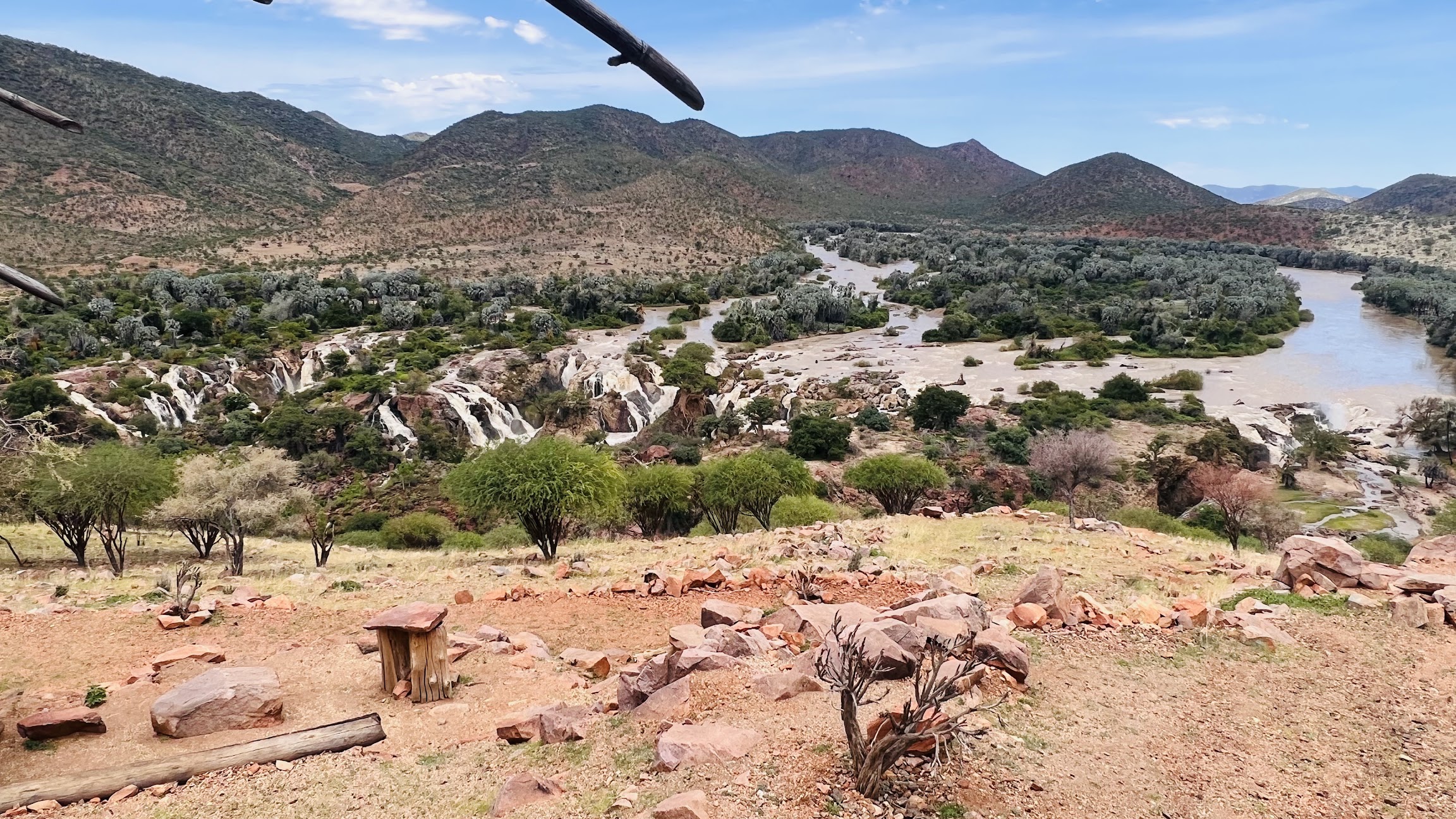Experts attached to the GreeN-H2 project say the opportunity for the development of a sustainable green hydrogen industry is within reach.
GreeN-H2 project coordinator Daniel Frank from the German Association for Chemical Engineering and Biotechnology (Dechema) says various stakeholders are working on the establishment of the industry, although it is still new to the country.
“Our trip to Namibia was very interesting and informative.
“We are well aware that there is a lot of interest in the topic and that there is a wide range of stakeholders with great hopes and ambitions,” Frank says.
“Therefore, it is all the more important to think about all the different aspects that come with the establishment of a new industry branch right from the start to ensure that the green hydrogen economy is set up as sustainably as possible in terms of economic, ecological and socio-economic issues,” he says.
A team of GreeN-H2 Namibia experts last week visited the country and embarked on stakeholder engagements at Lüderitz in the //Kharas region to conduct a technical and socio-economic study on the industry at Lüderitz.
The Namibian has previously reported that an impact study is being conducted for the planned green hydrogen energy project at the Tsau-//Khaeb National Park at Lüderitz.
The study does not exclusively pertain to the park, but also to a sustainable hydrogen economy in Namibia at large, with no direct association with Hyphen Hydrogen Energy, Frank says.
The team of experts, led by Dechema’s water expert, Robert Schmidt, visited Lüderitz, the Dâures Green Hydrogen Project and Walvis Bay, where projects for a hydrogen refuelling station, a hydrogen-powered tugboat and hydrogen-powered dual-fuel locomotives are being implemented.
“These four projects are funded through the agreement signed between Germany and Namibia in 2021, with a total amount of €40 million to develop the green hydrogen industry,” Schmidt says.
The GreeN-H2 project is funded by Dechema and the Institute for Socio-Ecological Research (Isoe).
This was the GreeN-H2 project’s second visit to Namibia, and the team says it plans to be in the country every three to four months over the next two years.
The team consists of about nine experts on water, energy and socio-economic issues from Dechema and Isoe.
Stay informed with The Namibian – your source for credible journalism. Get in-depth reporting and opinions for
only N$85 a month. Invest in journalism, invest in democracy –
Subscribe Now!









